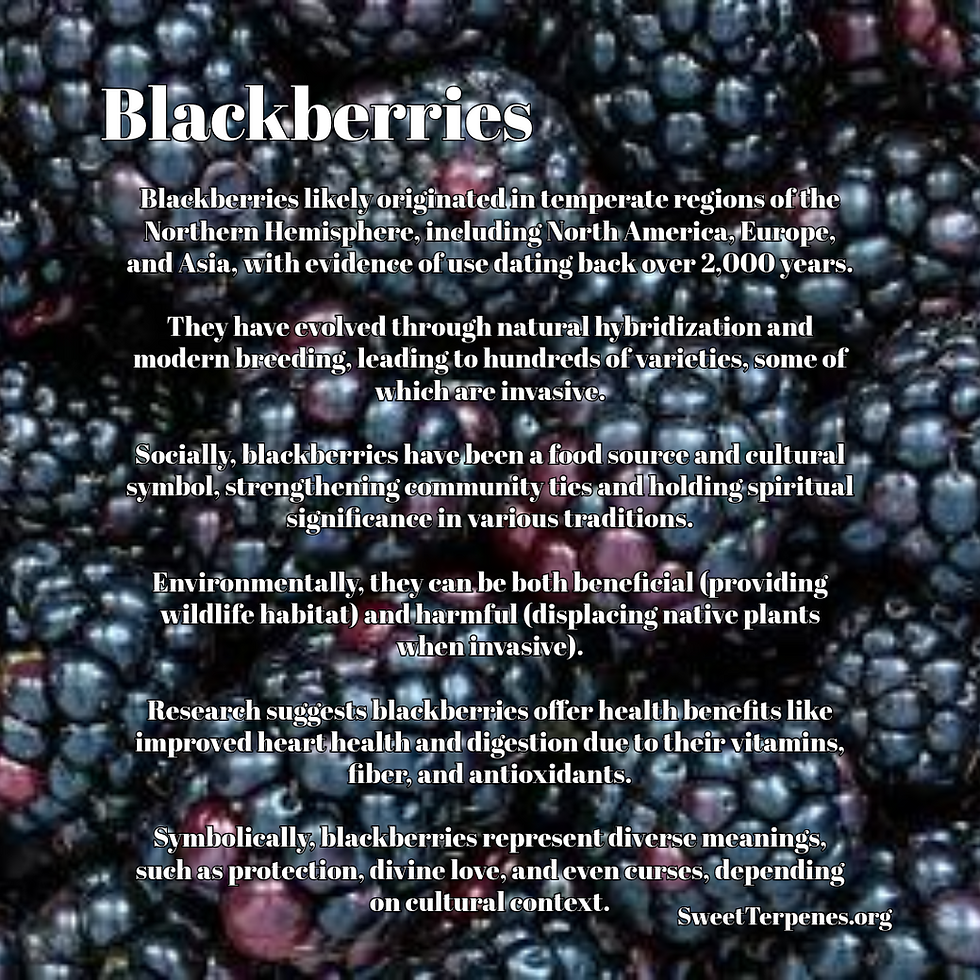Discussing the Health Benefits of Brassica Vegetables for Gardeners and Food Enthusiasts
- Heather Stanley

- May 29
- 3 min read
Discussing the Health Benefits of Brassica Vegetables for Gardeners and Food Enthusiasts

Brassica vegetables, often called cruciferous vegetables, are packed with nutrients that can greatly boost your health. This family includes popular varieties such as broccoli, kale, Brussels sprouts, and cabbage. Understanding the various benefits of these vegetables can enhance your cooking skills and encourage a healthier lifestyle.
Brassicas are not just tasty; they are also supported by scientific research. In this post, we'll explore the many advantages of these vegetables so that both gardeners and food lovers can fully appreciate their value.
Nutritional Powerhouses
Brassica vegetables stand out for their impressive nutritional content. They are rich in vitamins such as vitamin C and vitamin K, along with fiber and a variety of antioxidants. For example, just one cup of raw broccoli delivers over 100% of your daily vitamin C requirement, making it an excellent immunity booster.
Boosting Immune Health
Eating a variety of brassica vegetables can strengthen your immune system. The vitamin C in these plants—especially found in broccoli and Brussels sprouts—plays a key role in enhancing immune function.
In fact, studies show that people who consume high amounts of vitamin C experience fewer colds. Incorporating brassicas into your meals, especially during flu season, supports immune health and may shorten recovery times when illness strikes.
Fighting Inflammation
Chronic inflammation can contribute to serious health issues such as heart disease and diabetes. Brassica vegetables contain natural compounds with anti-inflammatory effects.

Rich in Glucosinolates
Brassicas are known for their high glucosinolate content. When consumed, these compounds turn into active forms that may help reduce inflammation and even fight cancer. Research has shown that diets rich in glucosinolates lower the risk of various chronic diseases by 20-40%.
Incorporating foods like kale and Brussels sprouts into your daily meals can serve as an effective strategy to combat inflammation.
Supporting Digestive Health
The fiber content in brassica vegetables promotes a healthy digestive system. They are an excellent source of dietary fiber, which aids in proper digestion.
Promoting Gut Health
Fiber helps maintain regular bowel movements and prevents constipation. Moreover, it acts as a prebiotic, feeding beneficial gut bacteria, which is crucial for digestive health. Studies show that diets high in fiber can reduce the risk of digestive disorders by up to 30%, making brassicas an essential part of a gut-friendly diet.
Including these veggies in your meals not only promotes digestion but also increases satiety, which can assist in weight management.

Cancer Prevention Potential
Research indicates that a diet rich in brassica vegetables can lower the risk of certain cancers.
Antioxidants and Anticancer Properties
Brassicas are loaded with antioxidants like sulforaphane and indole-3-carbinol, which can help neutralize free radicals in the body. For instance, people who eat broccoli regularly may have up to 50% lower risks of certain cancers, particularly lung and breast cancer.
If you're looking to boost your intake of cancer-fighting foods, adding more Brussels sprouts and cabbage to your meals is a great start.
Versatility in the Kitchen
Brassica vegetables are highly versatile and can be prepared in numerous ways. Whether you choose to steam, sauté, roast, or stir-fry, each method highlights unique flavors and textures.
Easy to Grow
For those interested in gardening, brassica plants are generally easy to grow. Varieties like kale and broccoli thrive in cooler conditions, making them perfect for nutrient-rich fall and early spring gardens.

Growing your own brassica vegetables ensures you have a fresh supply of these healthy foods right at your fingertips.
Embracing Brassicas for Better Health
The health benefits of brassica vegetables are numerous and well-supported by research. Whether you are a gardener eager to grow these nutritious crops or a food lover wanting to improve your diet, incorporating broccoli, kale, and Brussels sprouts can have a meaningful impact on your health.
With their rich nutritional profiles, cancer-fighting potential, and ease of cultivation, brassicas should have a regular spot in your kitchen and garden. Explore the world of these delightful vegetables and enjoy the flavorful benefits they contribute to your meals and well-being.
*AI Generated











Comments